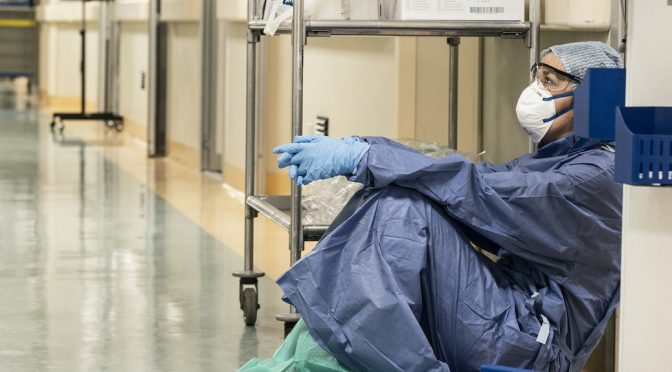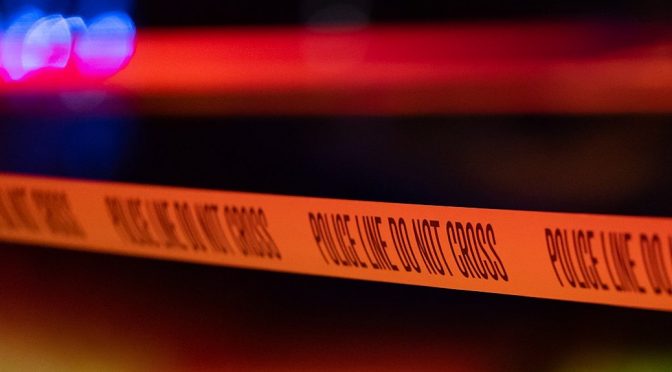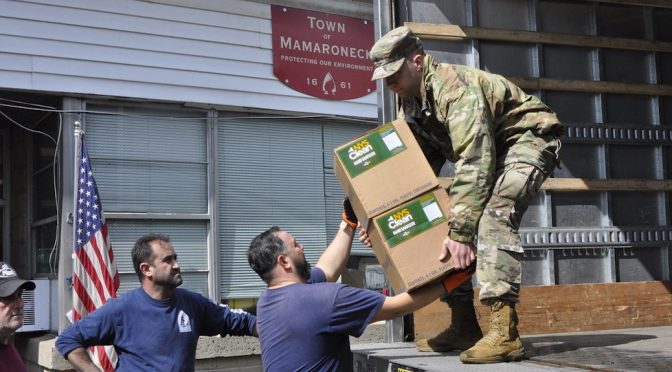Can a president abuse emergency powers by not using them? Elizabeth Goitein explains that President Trump has utilized aggressive rhetoric and claimed the powers of the president during an emergency are absolute. Yet he has been restrained to a fault when deploying emergency powers to address the COVID-19 national health crisis. His approach to emergency… Continue reading Emergency Powers, Real and Imagined: How President Trump Used and Failed to Use Presidential Authority in the COVID-19 Crisis
Category: Vol. 11 No. 1—SPECIAL COVID-19 ISSUE
A special issue on the law, policy, and security issues of the COVID-19 pandemic.
A Historical Review of the State Police Powers and Their Relevance to the COVID-19 Pandemic of 2020
In response to COVID-19, U.S. states and localities are exercising various health actions under their inherent police powers—often facing stiff resistance by the public and the courts. Edward P. Richards outlines how states and localities enjoyed broad police powers over public health since the colonial period. The Supreme Court limited this authority only in cases… Continue reading A Historical Review of the State Police Powers and Their Relevance to the COVID-19 Pandemic of 2020
Domestic Military Operations and the Coronavirus Pandemic
While the U.S. military is tasked with homeland defense and security, in this article Mark Nevitt highlights on the military’s role domestically to provide aid and support during the COVID-19 pandemic. The U.S. military is currently engaged in the largest domestic operation in American history. The article evaluates the responses of different branches of the… Continue reading Domestic Military Operations and the Coronavirus Pandemic



